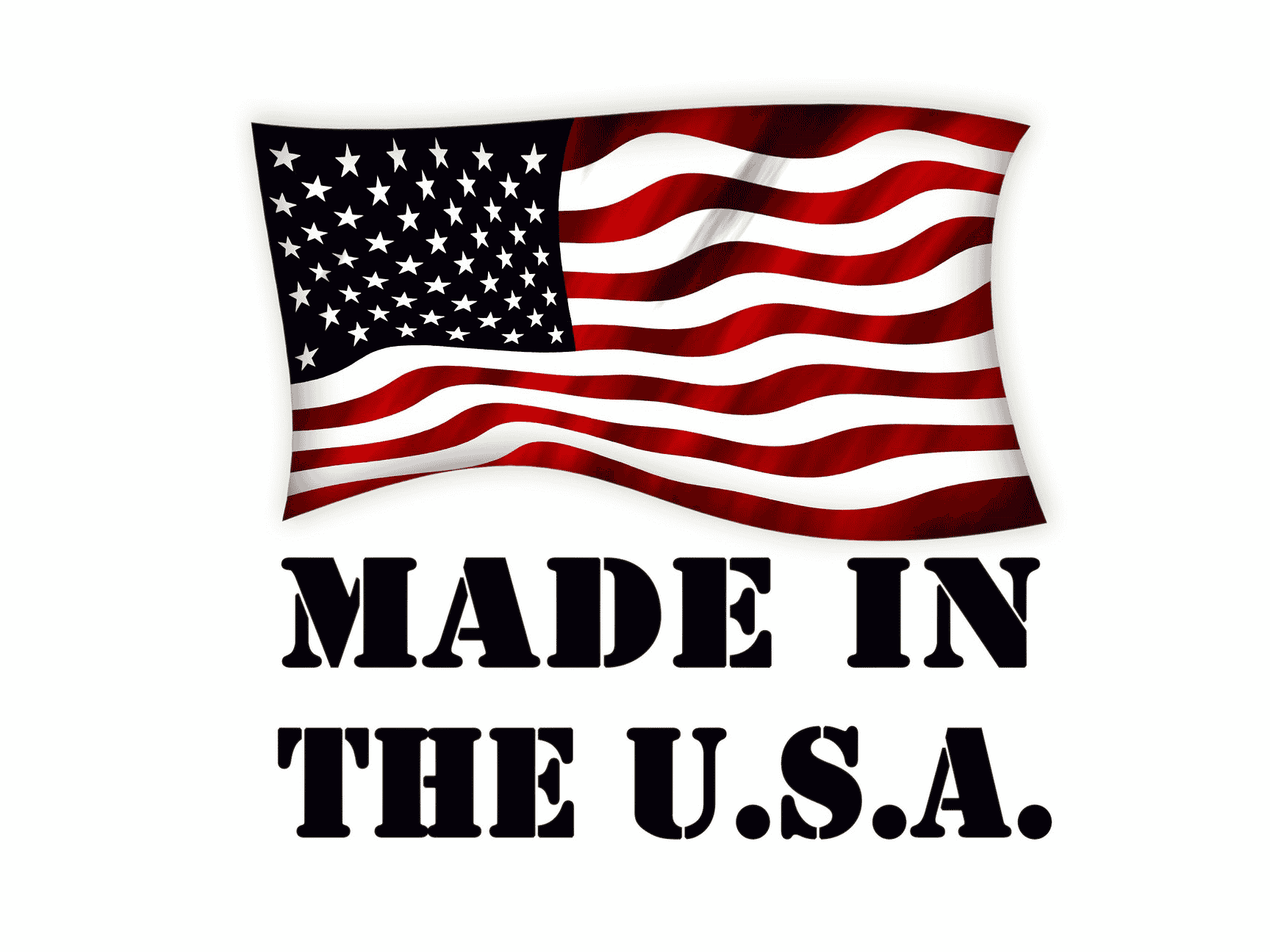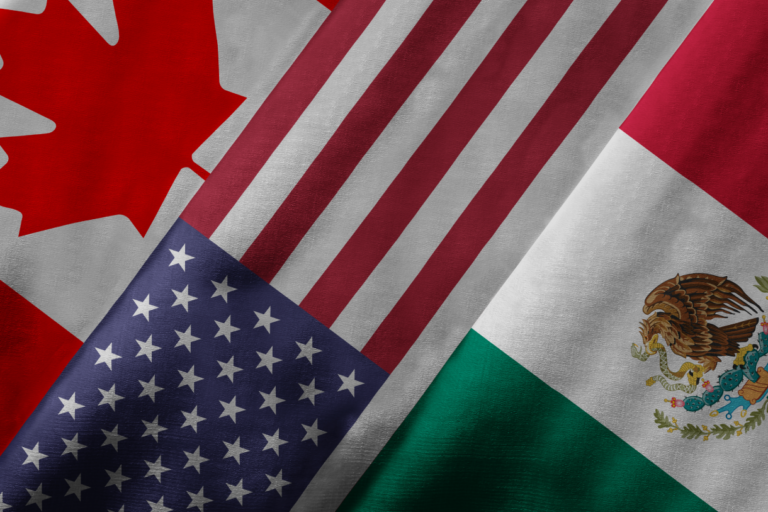“Made in USA” Rules — The Federal Trade Commission Wants to Hear from You
The Federal Trade Commission’s rules governing assertions that a product is “Made in the U.S.” can be confusing. As we’ve discussed on various occasions, that agency has strict standards on when claims of United States origin are permissible. I won’t repeat the Made In/Assembled In and qualified and unqualified claim distinctions here, except to note that they are derived from FTC cases as part of its statutory mandate to address unfair or deceptive claims in commerce.
Unlike Customs and Border Protection’s guidelines for country of origin marking, the FTC has never set forth its requirements in regulations. That may change. The FTC has issued a Notice of Proposed Rulemaking to codify its standard in a regulation. The proposed rule creates the standard that “it is an unfair or deceptive act or practice . . . to label any product as Made in the United States unless the final assembly or processing of the product occurs in the United States, all significant processing that goes into the product occurs in the United States, and all or virtually all ingredients or components of the product are made and sourced in the United States.”
That’s the standard the Commission has traditionally applied. The proposed rule does not convey any interest in changing it, but is intended instead to make it more readily available. “The Commission proposes the Made in USA Labeling Rule for two primary reasons: To strengthen its enforcement program and make it easier for businesses to understand and comply with the law. Specifically, by codifying the existing standards . . . the FTC will be able to provide more certainty to marketers about the standard for making unqualified claims on product labels.”
Leaving aside that the substance of the proposed rule seems to be off the table, FTC guidance on a couple of related matters would be welcome. These include the aforementioned difference between claims of Made in US and Assembled in US, as well as the caveats that should be included in making qualified origin claims. These issues are addressed in FTC enforcement cases, of course, but the proposed rule’s aim of making the standards easier to understand is applicable here as well.
Comments on the proposed rule are due by September 14, 2020.
You can read original posting here > Thompson & Associates, PLLC







